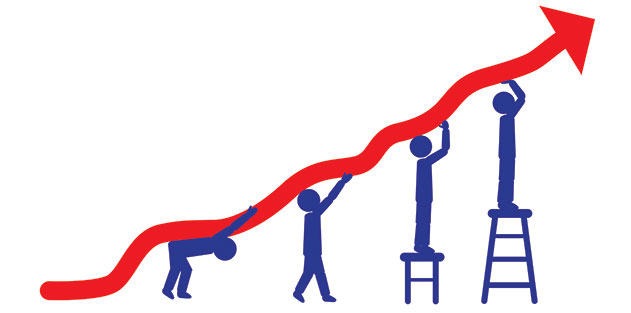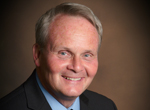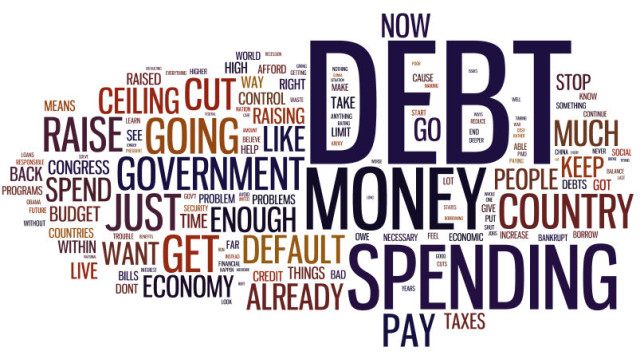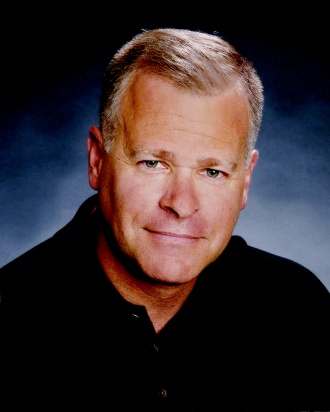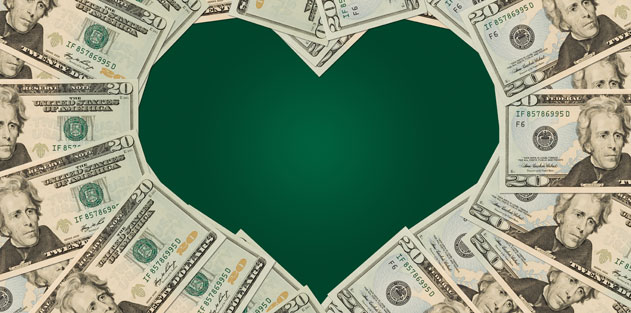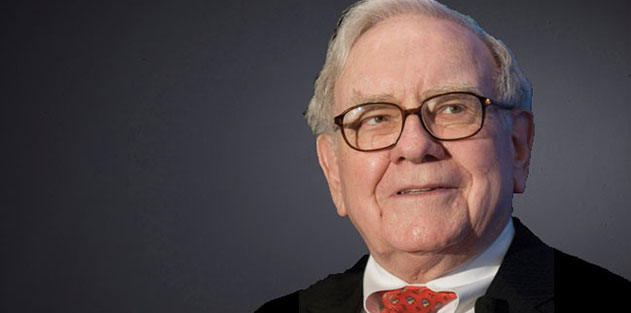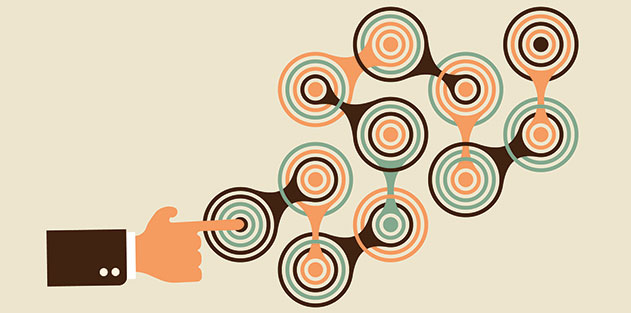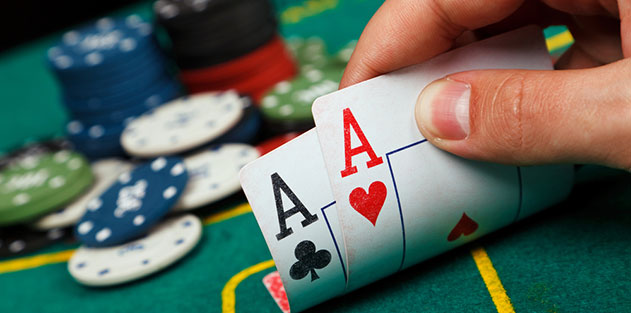Good Poker Players Have More in Common with Entrepreneurs than with Gamblers.
Until recently I was a director and the chairman of the audit committee of one of Bermuda’s banks, but I lived with a guilty secret, almost the equivalent of being an alcoholic or, even worse, a smoker. I played poker regularly and had done so since I was about 20 years old. A public poker game was held in a bar in Bermuda called Flannagan’s, and I played there a few times until about five years ago. A friend suggested that I should not participate in a public game since customers and shareholders of the bank would get the wrong impression I was gambling. Poker, of course, is not gambling, although the authorities took a different stance and closed the game down on the grounds that people like me need protection from ourselves. Poker appears to be about gambling, but it is a game of immense skill—skill that is based on betting and reading the bets of other players.
However, the more I thought about it the more I began, belatedly, to realize that poker has as much in common with the free market as banking—indeed more, in light of some of the recent bailouts in the United States. There is no lender of last resort like the Fed, and no friendly Uncle Sam saying that you are too big to fail.
But I get ahead of myself.
The origins of poker are obscure (they go back to Persia in the fourteenth century to a card game called “as nas”), but most historians give the honour of developing the modern game to the French residents of New Orleans, the home of jazz and enjoyable living. It spread up the Mississippi through paddle steamers (showbiz historians will remember that in Showboat the main character was Gaylord Ravenal, a huge romantic but a rotten poker player). It was played by soldiers of both sides during the Civil War and then made its way to the Wild West and became a staple of cowboy movies. Violence has always been associated with the game, wrongly in my view, and many westerns feature poker disputes. Wild Bill Hickok was shot by Crooked Nose McCall in Deadwood in 1876 during a poker game when he held a hand of two aces, two eights and a queen, immortalized as the dead-man’s hand. Benny Binion, owner of Binion’s Horseshoe Casino in Las Vegas, who hosted the First World Series of Poker tournament in 1970, was a convicted murderer.
Spontaneous Order
The game is a good example of spontaneous order, not unlike the development of language, dancing, or the free market, where cooperation and coordination among people arise without conscious government or other deliberate direction. It is a classic product that arises not because of human design, but because of human action.
Poker is normally played by five to eight players, usually but not exclusively males who enjoy the raucous company of one another plus the thrill and skill of being able to make a few dollars at the expense of their friends. The rules are pretty simple—to avoid boring everyone, they can be found in many reference books—and are enforced by all participants in an unequivocal way in much the same manner as golf rules are enforced by the U.S. Golf Association.
There are no extenuating circumstances, and genuine mistakes are regarded as acts of remarkable stupidity and penalized accordingly. No friendly banking window, no Ben Bernanke, just a fleeting look of sympathy (or contempt) as the other participants pocket your dough. This is capitalism at its rawest. You keep the benefits, but you pay the full price if you get it wrong. Best of all, you are not taxed on your winnings—unless you are good enough to win the World Series of Poker. There is no moral hazard because the participant bears the losses of his actions (or bets), and he will be constrained in his actions because of the burden of potential losses.
Arguments about the rules of poker are rare. They have been established for years now, and although there can be local variations, the players generally all know the rules. There is no nonsense about living rules that need to be interpreted as social or economic circumstances change. However, nothing is perfect. Daniel Seligman, a writer for Fortune, in a delightful essay titled “Poker Memories” cites taking an arcane dispute to a professor of jurisprudence and public policy at Fordham Law School because his writings evidenced a lifetime of dealing at a high level with questions of justice and ethics. In my experience, it is rare for there to be an unresolved question about the rules. Anyway, people are too impatient to get on with the game rather than haggle about some obscure point of procedure.
A Zero-Sum Game
In one vital aspect poker is unlike a free-market economy. It is a zero-sum game. Participants who win are exactly matched dollar for dollar by those who lose. Indeed, playing in a casino setting it is even worse than a zero-sum game as the “house” takes its cut for organizing the game. By contrast, in a free market, both buyer and seller gain something—otherwise, no exchanges would take place.
That being said, most of the people with whom I play put the five or six hours of entertainment ahead of dining at the best restaurants, and even a bad night with the cards is less expensive than paying for an expensive dinner.
Over the past five years poker has enjoyed a renaissance thanks to television and the Internet. Online players are estimated to wager more than $250 million per day. On most evenings a viewer may watch a game and get a sense of the excitement that arises, notwithstanding that the game most frequently telecast is Texas Hold ’Em, probably the most boring of all poker games and scorned as “poker for dummies.”
Indeed, so popular has the game become that it is the central theme in movies such as Lucky You, about a professional poker player, played by Eric Bana, who gets a lesson in life from a struggling singer played by Drew Barrymore; a few poker personalities make cameo appearances. Even James Bond in Casino Royalehas given up baccarat in favor of Texas Hold ’Em.
Risk and Uncertainty
Competing against seven hardened veterans of poker means that the risk of failure is pretty high—at least 6 to 1 against—but less risky than the business world, where the failure rate is higher. Unlike a job in the civil service, the monetary rewards from playing poker are not predictable, and like most business ventures it does not provide a guaranteed income. There is always and everywhere uncertainty. In the free market, unless you serve the consumer at least as well as your competitor, you will end up broke—this is known as creative destruction. In poker, unless you are consistently better than your rivals over a five-hour period, you will end up the same way. It is you versus the rest, and in the poker world, there are only two types: winners and losers, with the latter being the more numerous. It is a game of immense skill, not luck, although in the short term luck can temporarily overcome skill just as it can in economic life. But as most people know, luck comes in two packages—good and bad—and no one knows in advance which will apply.
In short, success at poker has much in common with success as an entrepreneur. Ludwig von Mises says it best in Planning for Freedom: “The entrepreneurs are neither perfect nor good in any metaphysical sense. They owe their position exclusively to the fact that they are better fit for the performance of the functions incumbent upon them than other people are. They earn profit not because they are clever in performing their tasks, but because they are more clever or less clumsy than other people are.”
Few people play poker for “Monopoly” (or play) money because it does not mean anything; any incentive to win would evaporate if the participants knew that no one was going to win or lose. If there is nothing at stake the game is meaningless, just like the communist economies before 1989. In a socialist or communist country, as Henry Hazlitt pointed out in The Foundations of Morality, “If I am a government commissar selling something I don’t really own, and you are another government commissar buying it with money that isn’t really yours, then neither of us really cares what the price is.” Prices and real money depend on the possibility of personal profit or loss.
You would be sneered at in disbelief if you alleged after a year of playing poker that the distribution of income was unfair and, because you find yourself with less cash than you think you should have, someone should bail you out in the name of social justice. There are no affirmative-action policies and no redundancy payments for bad poker players, no unemployment insurance, no subsidies, no tax write-offs, no pension after 40 years for having played the game sportingly. There are no alibis in poker.
Many poker games use chips instead of cash. They are easier to use than notes, can be given different values based on color, can be stacked with ease, and can easily be counted when the game ends. Each player, for example, can put $200 (or $2,000) in the kitty and at the end of the night cash in his chips against notes in the kitty. Should the host for the evening borrow extra chips without a corresponding donation to the kitty, there will be a cash shortage at the end of the evening when the players cash in. With seven players there could be chips valued at $1,500 but only $1,400 in cash. Any host who tried this stunt would suddenly find that no one would play with him. But is that not what central banks do? They create money (chips) out of thin air by using the printing press and when the public comes to spend it on goods and services they find that prices have gone up—which is the same thing as saying that the value of money has gone down.
The Fed and the Bank of England are really like crooked hosts. They create money without a corresponding payment to the kitty. In poker you would be banned—or shot, if you played in Deadwood. In central banking, the chairman of the Fed is listened to with respect and awe, and collects accolades when he retires.
Just as people can trade freely with everyone irrespective of age, sex, race, national origin, income, or any other irrelevance, poker players have no objection to anyone participating in the game provided he plays by the rules and does not complain if he loses. Indeed, any televised poker game provides a representative sample of society, although your grandmother might think that there are more than a fair number of shady characters wearing dark glasses and baseball caps with odd nicknames like Amarillo Slim. Poker is a great social equalizer: So long as you have the cash you are welcome to pull up a chair. It is rare for someone, even a stranger, who wants to borrow to be denied a loan from another player; and it is equally rare, in my experience, for a debt not to be repaid in full. Financial responsibility is an unexpected characteristic of most players.
The essayist Leonard Kriegel, in an article titled “Poker’s Promise” in the New York Times Magazine, stated, “No game commanded greater loyalty and no game promised more. Along with the intricacies of baseball, poker was a cultural bridge that helped you cross over into a wider world. No game better embodied the enormous sense of possibility we felt was ours by right of having been born in this America. A man could shed the past in poker. What could be more American than that?”
Imperfect Knowledge
Poker, like capitalism, is a game of incomplete information. In the free market there is always imperfect knowledge and uncertainty. In poker, it is possible to calculate the odds of drawing a king to make a full house, or whether the amount in the pot is sufficient to risk calling a bet, but these are mere fragments of the information required.
Donald Boudreaux, in his May 2000 column in this magazine, wrote:
In The Future and Its Enemies, Virginia Postrel notes the astonishing fact that if you thoroughly shuffle an ordinary deck of 52 playing cards, chances are practically 100 percent that the resulting arrangement of cards has never before existed. Never. Every time you shuffle a deck, you produce an arrangement of cards that exists for the first time in history. The arithmetic works out that way. For a very small number of items, the number of possible arrangements is small. Three items, for example, can be arranged only six different ways. But the number of possible arrangements grows very large very quickly. The number of different ways to arrange five items is 120 . . . for ten items it’s 3,628,800 . . . for fifteen items it’s 1,307,674,368,000.
The number of different ways to arrange 52 items is 8.06667. This is a big number. No human can comprehend its enormousness. By way of comparison, the number of possible ways to arrange a mere 20 items is 2,432,902,008,176,640,000—a number larger than the total number of seconds that have elapsed since the beginning of time ten billion years ago—and this number is Lilliputian compared to 8.06667.
This means that everyone playing poker is pretty much in the dark about what is going happen. To be a consistent winner means paying attention to minute detail, but it also means that the unexpected is always likely to happen. Like a participant in the economy, nothing is forever and nothing is certain. There is always the ever-present risk of being bested by the unforeseen. Is this not the problem of knowledge to which Hayek drew our attention? As he explains in “The Use of Knowledge in Society,” “The peculiar character of the problem of a rational economic order is determined precisely by the fact that the knowledge of the circumstances of which we must make use never exists in concentrated or integrated form but solely as the dispersed bits of incomplete and frequently contradictory knowledge which all the separate individuals possess. Or put briefly, it is a problem of the utilization of knowledge which is not given to anyone in its totality.”
A good poker player does not play just the odds; he also plays the people. Is a bet of $100 a bluff or a warning that your opponent holds four aces? Is the sweat on the hands of your opponent a result of the air conditioner not working or does it arise from the fact that the guy across the table is playing you for a sucker? Not all the information that you need to make a correct decision is available and it never will be.
The late John von Neumann, a mathematician involved in the development of the computer and the atomic bomb, sought to apply the principles of mathematics to poker, but he soon discovered that bluffing, deception, human fallibility, and human ingenuity were not promising subjects for the application of mathematical principles. Others have tried to apply what is known as game theory, but without any notable success. The geeks have failed to best the uneducated cowboys. That lack of success is similar to the failure of computer-generated studies to forecast with any degree of accuracy (or usefulness) the track of free-market economies. Time will tell if the same types of studies will be able to forecast accurately the climate of the world in 50 years time. But it must be remembered that poker (like economics) is not a hard science like physics, where predictions can be made in laboratory-like conditions. For a computer program to work, poker would have to be a game in which nothing unexpected happens. People would have to be predictable. Anyone who knows anything knows that people are totally unpredictable, and this is especially true of those who play poker.
In a free economy information is not free and is difficult to acquire. Government regulators, for example, always like to speak about uniform standards and processes, as do security personnel at airports. I wonder if these people play poker, because if they do, using uniform standards would mean that they are guaranteed losers. If you always fold when you have a mediocre hand or shake with excitement when you have a certain winner, your opponent will know exactly what you are up to and the chances are you will be a consistent loser. What is needed is not uniform or standardized behavior but unpredictable behavior. You want your opponent always to be guessing at what you have in your hand. Predictable security standards at airports assure that some criminal will do the unexpected. So will those who are regulated, as the 2008 subprime financial crisis indicated. I’ll bet my house that it was a poker player who came up with structured investment vehicles, which were developed to get around regulators.
Good poker players are like entrepreneurs: You need greater skill than average to anticipate the future. As Mises so cogently puts it in Human Action, “What distinguishes the successful entrepreneur and promoter from other people is precisely the fact that he does not let himself be guided by what was and is, but arranges his affairs on the ground of his opinion about the future. He sees the past and the present as other people do; but he judges the future in a different way.”
Incentives Matter
Most of all, poker is a game of incentives. It has been said of economics that it is only a question of incentives; the rest is merely detail. No one in his right mind would play if, at the end of the evening, the money won and lost had to be redistributed to ensure fair shares. Any poker game run on that basis would be a complete flop. In real life an economy that seeks to ensure that losers are compensated from the earnings of the winners (those who cater to the wishes of the consumer) would not be a place that winners would like to frequent. One of the central lessons of poker, and the free market, is that when incentives change, individual behavior also changes.
In the current world of high oil prices, futures markets, structured investment vehicles, and hedge funds, speculators are often blamed for creating mayhem and dismissed as mere gamblers or poker players. What difference is there between betting on two pairs in poker and taking a position on oil or corn? Are not speculators merely well-dressed poker players with Ivy League names?
There is a big difference. Poker is an artificially contrived uncertainty devised for entertainment or thrills, while the speculator clearly discerns unnoticed opportunities for profits and alertly exploits them. “Whereas the gambler is attentive to the world of artificial indeterminacy, the speculator keeps an economic vigil over the real, uncontrived future” (John A. Sparks, “The Fellows with Black Hats: The Speculators,” The Freeman, August 1974).
There is certainly a close affiliation between playing poker and commercial speculation, but that simply makes my point that poker is but a surrogate for the free market.


